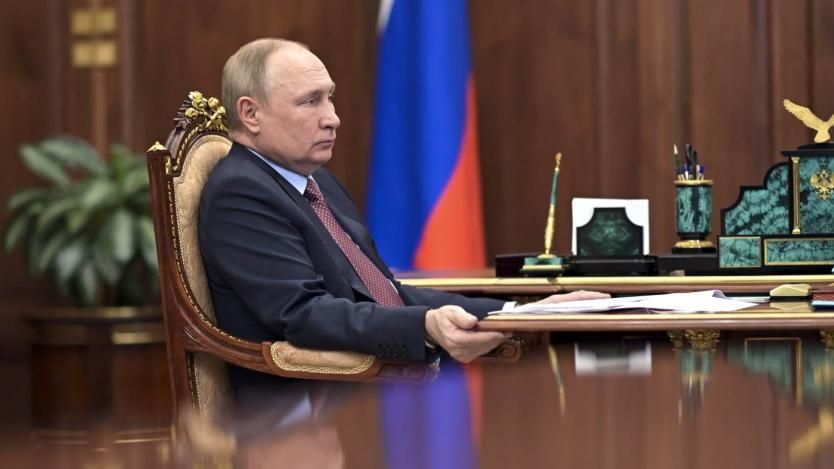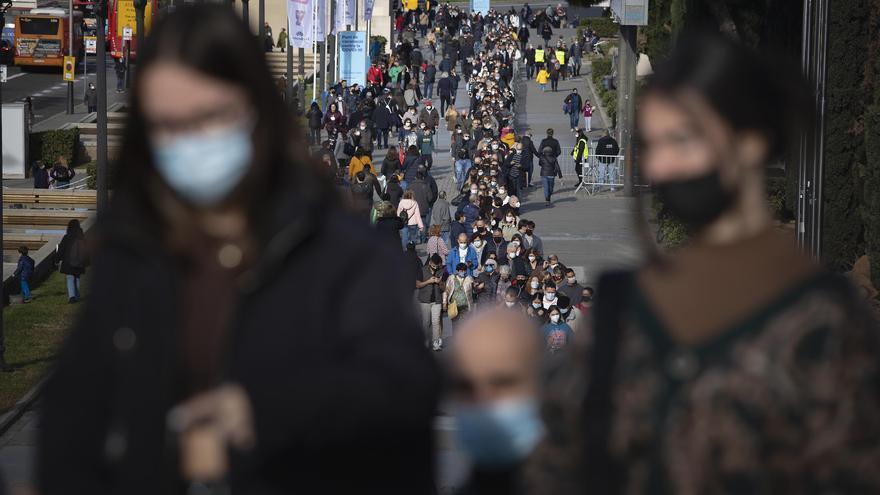Russophobes who dislike Putin are only 10 percent
The so-called third world has long been shaken by the role of a participant in a bloody gladiatorial arena
“Why does half the world like Putin?” – this is how the analytical article of Radio Deutsche Welle, a German news institution with a certain authority, sounds. The author focuses on various aspects of the global geopolitical reaction to the Ukrainian crisis.
Political, economic and psychological reasons are cited. However, I would like to add a few touches to this analysis. Is it true that “Half the world likes Putin?” Yes and no? The Russophobic explosion after the start of the Kremlin’s military operation avalanched Europe and of course the USA and its overseas proxies – Canada, Japan, Australia, South Korea. Excluding the fact that in some European countries such as Bulgaria, Serbia, France and Germany there are serious Russophile social strata, simple arithmetic shows that Russophobia in the mentioned countries covers about 800 million people. And the world, these days, is fast approaching… eight billion.
In other words, if we speak in the language of numbers, Russophobes who dislike Putin are only 10 percent. And the positive sentiments towards Moscow fit in the other NINETY PERCENT of the earth’s inhabitants. That “small detail” aside, Deutsche Welle’s analysis is correct in a number of respects. Let’s start with the political reasons. The Russian Federation, as the direct successor of the USSR, has inherited the positive attitude of the former colonial countries towards Moscow, related to the permanent and consistent Soviet policy against colonialism, foreign oppression and inhuman exploitation.
Examples in this regard are as many as you like: let’s take only the “pearl” in the British colonial empire – India, which already chases a population of one billion three hundred million, or China – shot at point blank range by English gunboats positioned along the coast (small ships with sufficiently powerful cannons ) whose goal is to crush hundreds of thousands of Chinese and get imperial Beijing – in the framework of the infamous “opium war” – to lift the ban on the trade in… drugs.
Additional bonuses from such heroics are the “Britishized” Hong Kong and Macau (today returned to the motherland).
And what about the Middle East or Afghanistan and Vietnam? After the Second World War, official Washington, donning the democratic mantle, walked there. They were not fabrications about some weapons of mass destruction located in “bad” Iraq that caused massive human and material damage to the ancient state.
And the long-term adventure in Vietnam, which left behind millions of local civilian victims and 50 thousand killed and 300 thousand disabled young Americans, sent to the other side of the world to…”chase Mihalya” as the Bulgarian saying goes. Not to mention older times, where we will discover the process of conception and birth of the American state of New Mexico – a rather large territory forcibly torn away from the southern neighbor of the USA. And so on and so forth.
And local residents – from Southeast Asia, from the Middle East, from North and South America, well remember the “feats” of Uncle Sam – on the one hand, and the comprehensive material and moral support from Moscow. All these facts, as Deutsche Welle also points out, in different ways barrage the negatives and generate support for Russia.
In economic terms, the policy of Soviet Russia also leaves numerous signs, the vector of which is positive. Let’s just remember the huge Aswan Dam in Egypt, built entirely with Russian help and by Russian specialists.
And as for the folk-psychological reasons for a positive attitude, sometimes they reach paradoxes, as noted by the German media. A freely formulated judgment: “Well, you would and have started wars in our countries, now let’s see how you will feel when the war is in Europe itself?” It sounds a bit cynical, but it is true as a psycho-reaction: to the so-called third the world has long shaken the role of a participant in a bloody gladiatorial arena – commanded from the outside and subordinated to external interests and designs.
And it is no wonder that, against the background of these facts and judgments, the pro and con attitude towards the Russian Federation – in a global plan – is in a ratio of 90 to 10 in favor of Moscow. A balance that does not prevent us from calling for the fastest possible resolution of the Ukrainian crisis.
–


